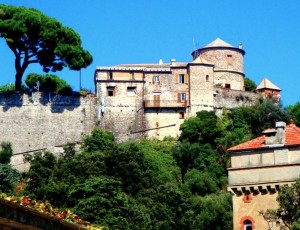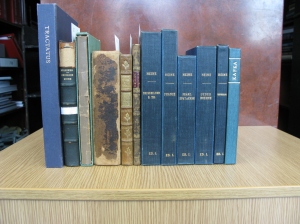
In August 2022 we were privileged to receive seven boxes containing several hundred volumes of works by the famous Austrian author Arthur Schnitzler. The books come from the library of the late Professor Jeffrey B. Berlin and were generously offered as a gift to the University Library by his widow, Anne Berlin. We happily accepted the offer as this comprehensive collection of the printed works of Arthur Schnitzler complements our existing renowned collection of Schnitzler manuscripts.
Professor Berlin, who died in 2021, was a highly respected Germanist with a particular interest in the literature of fin de siècle Vienna. He is best known for the extensive edition of Stefan Zweig’s correspondence (749:37.d.95.126-129) published by S. Fischer 1995-2005. Prof. Berlin also published numerous papers on Arthur Schnitzler and was for many years a member of the editorial team of Modern Austrian Literature, the journal of International Arthur Schnitzler Research Association. He was responsible for the annual Schnitzler bibliography published in this journal which inspired him to assemble his collection of Schnitzler’s published works. Continue reading “The Schnitzler collection of Jeffrey B. Berlin”

















